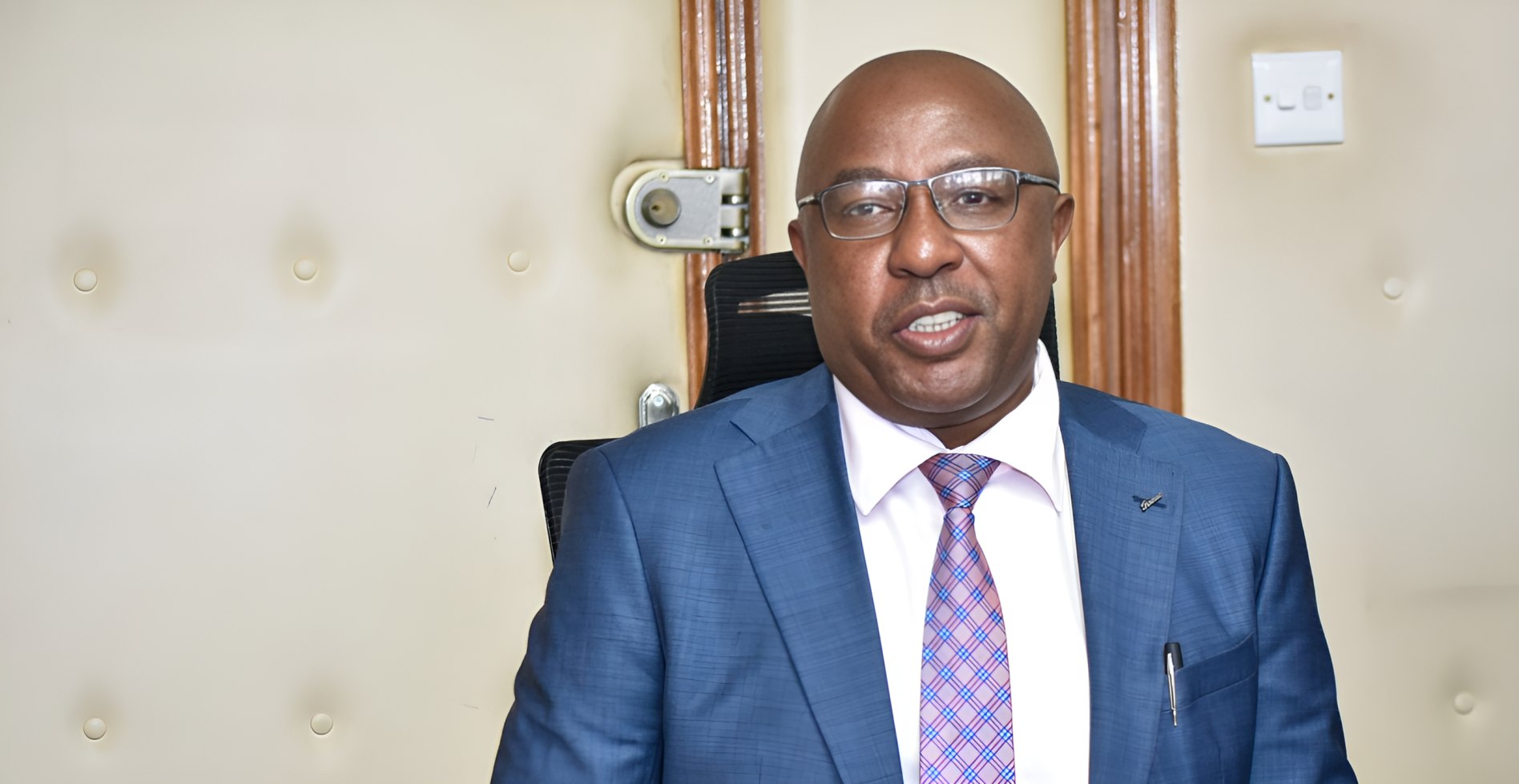Schools reopen as heads warn of crisis over delayed funds

This term will also see the Education Ministry announce the placement of Grade 9 learners.
As schools reopen this week for the second academic term, head teachers are calling on the government to urgently release funds to avert unrest during the longest and often most challenging session of the school year.
This term will also see the Education Ministry announce the placement of Grade 9 learners who are expected to transition to senior school next year.
Financial struggles continue to weigh heavily on schools, with delayed capitation, mounting debts, unpaid fees, overcrowding, and deteriorating infrastructure among the major hurdles facing institutions as learning resumes.
These difficulties have been worsened by a directive from Controller of Budget Margaret Nyakang’o, who ordered counties to stop awarding bursaries to needy students in secondary schools.
According to Nyakang’o, county governments are only mandated to support early childhood development education, a move that has left many secondary school learners uncertain about how they will continue with their education.
Kenya Secondary Schools Heads Association national chairman Willy Kuria appealed to the Education Ministry to swiftly disburse the Sh22,000 capitation per learner, emphasizing the need for schools to adequately prepare for co-curricular activities that dominate the second term.
Learners are scheduled to break for half-term from June 25 to June 29, according to the 2025 academic calendar.
In addition, schools will close for a three-week holiday from August 4 to August 22 before students resume for the final term of the year.
Education Cabinet Secretary Julius Ogamba has assured that the ministry is working hard to ensure timely disbursement of funds.
"The capitation was supposed to be Sh22,000 and for the longest time, I do not think that figure has been released because of the difficulties we have as a country. But we are working towards ensuring at least Sh22,000 is released within the financial year," he said.
He explained that his ministry has been engaging the National Treasury to expedite the release of the much-needed funds before the start of the new term.
Meanwhile, head teachers have also asked the ministry to reconsider its decision to challenge a High Court ruling against mandatory school fees payment through the eCitizen platform.
The government had instructed parents to make school fees payments through eCitizen, but the High Court ruled the directive illegal, saying it violated the rights of parents and guardians, especially those lacking access to digital services.
Willy Kuria stressed that parents have been facing difficulties with the eCitizen system, mainly due to additional costs.
He urged the ministry to allow parents to pay fees directly to school accounts to ease the burden.
Nevertheless, CS Ogamba insisted that government policy still requires all payments to be made via eCitizen.
"Let us see how the appeal goes," he said.
On the same matter, Basic Education Principal Secretary Julius Bitok said the platform was introduced to protect parents from potential exploitation by unscrupulous school officials.
Concerns have also been raised by the Elimu Bora Working Group (EBWG) about illegal levies in public schools, despite the constitutional guarantee of free and compulsory education.
The group pointed out that, despite clear legal provisions, parents continue to be burdened with extra charges, undermining children’s access to education.
A recent survey by the group revealed that more than 90 per cent of public schools are imposing unlawful admission fees, with amounts ranging between Sh500 and Sh25,000, particularly in urban areas.
Additionally, many schools are charging for desks, lockers, and remedial lessons, sometimes even demanding that parents supply the furniture themselves.
"We are deeply concerned that, despite explicit constitutional and legal provisions declaring basic education free and compulsory, the government still condones illegal levies in primary and junior secondary schools," said the EBWG in a statement.
The group, which conducted its survey between March and April 2025, covered 370 primary and junior secondary schools across all 47 counties.
Their findings highlighted the scale of the problem and the urgent need for government intervention to protect parents from further financial strain as the new term begins.
